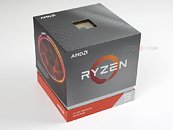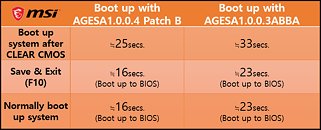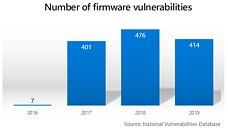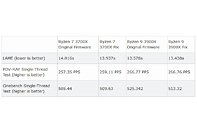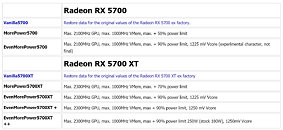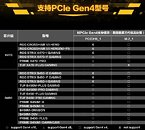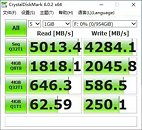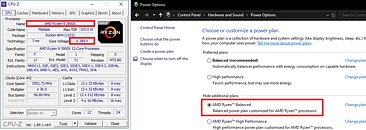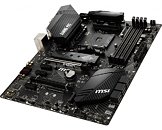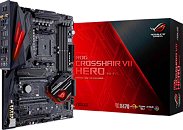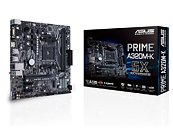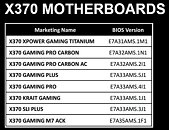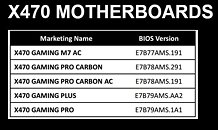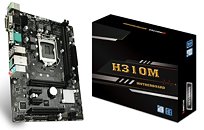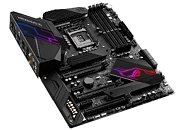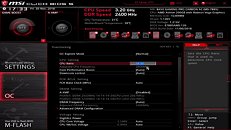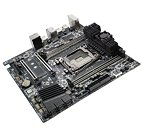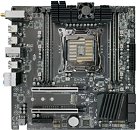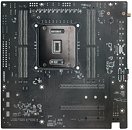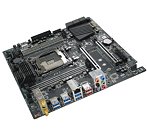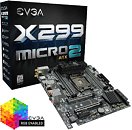
AMD CEO Lisa Su Talks About 3rd Gen Ryzen Boost Issue in Q3 Earnings Call
AMD CEO Dr Lisa Su in response to a question, spoke about 3rd generation Ryzen processor boost issue. Dr. Su was responding to a question by Mitch Steves of RBC Capital on whether she had comments on "the software side" of 3rd gen Ryzen, and articles in the press still popping up about them despite AMD's fix. This was interpreted by the AMD CEO as a question specific to the Precision Boost controversy surrounding 3rd gen Ryzen chips, in which processors would seldom/never hit the advertised maximum boost frequency. AMD tried to address this by issuing updates to its processor microcode under AGESA Combo 1.0.0.3 ABBA, distributed through motherboard BIOS updates. The new microcode is supposed to increase the maximum turbo clock-speeds for "the vast majority" of users.
In her response, Dr. Su began by stating that the company is pleased with the sales of these processors. She then mentioned that AMD is working with its motherboard partners and ODM partners to "improve the optimization of the maximum boost frequency." She notes that the issue has been "largely addressed over the last couple of weeks" (referring to 1.0.0.3 ABBA). She goes on to state that AMD sees its response to the boost issues as more of an "optimization," rather than a "major update," possibly trying to allay investor fears that AMD is firefighting a costly problem with its products. "We're going to continue to improve the platform," she adds, possibly referencing the upcoming AGESA 1.0.0.4 Patch B microcode that's beginning to ship out by motherboard vendors. The earnings call can be accessed here. The specific question can be found at 47:00.
In her response, Dr. Su began by stating that the company is pleased with the sales of these processors. She then mentioned that AMD is working with its motherboard partners and ODM partners to "improve the optimization of the maximum boost frequency." She notes that the issue has been "largely addressed over the last couple of weeks" (referring to 1.0.0.3 ABBA). She goes on to state that AMD sees its response to the boost issues as more of an "optimization," rather than a "major update," possibly trying to allay investor fears that AMD is firefighting a costly problem with its products. "We're going to continue to improve the platform," she adds, possibly referencing the upcoming AGESA 1.0.0.4 Patch B microcode that's beginning to ship out by motherboard vendors. The earnings call can be accessed here. The specific question can be found at 47:00.
